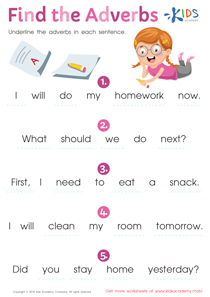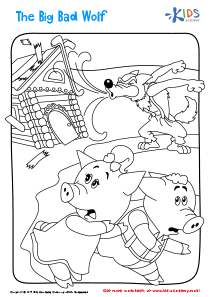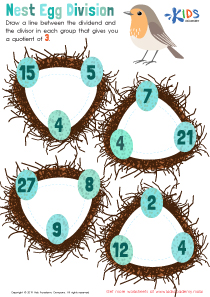Alphabet Recognition Extra Challenge Grade 3 English for Beginners Worksheets
3 filtered results
-
From - To
Introducing our "Alphabet Recognition Extra Challenge Grade 3 English for Beginners Worksheets"! Designed specifically for young learners, these engaging worksheets help students enhance their letter recognition skills through fun activities. Geared toward grade 3 students, these exercises foster a deeper understanding of the English alphabet, encouraging confidence in reading and writing. Our collection focuses on both uppercase and lowercase letters, incorporating interactive tasks that stimulate curiosity and promote learning. Whether in the classroom or at home, these worksheets provide a supportive and enjoyable way for beginners to master essential alphabet skills. Download now and empower your child's literacy journey!


Letter A Tracing Page
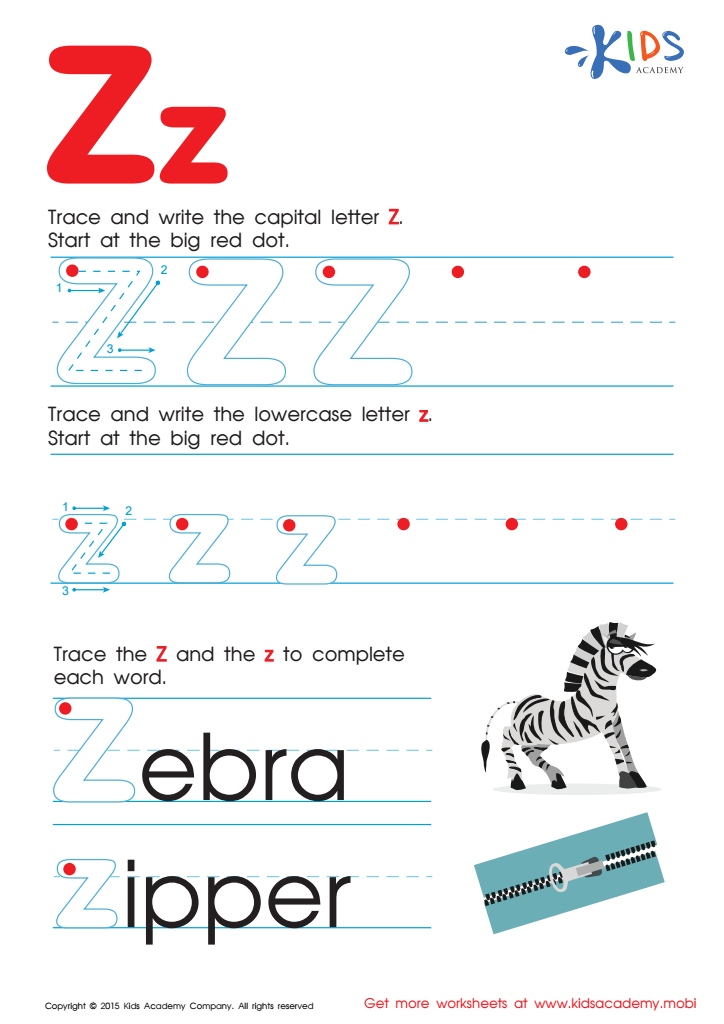

Letter Z Tracing Page
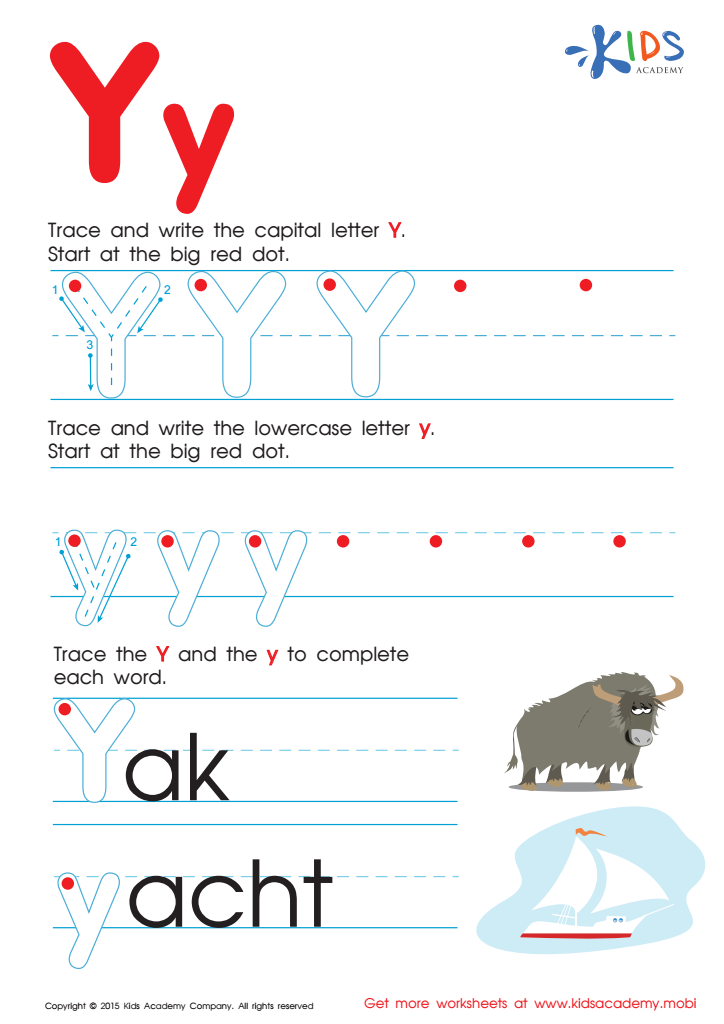

Letter Y Tracing Page
Alphabet recognition is foundational for reading and writing, making it a critical focus in Grade 3 English, especially for beginners. By engaging in Alphabet Recognition Extra Challenge activities, parents and teachers can help students solidify their understanding of letters, which will enhance their overall literacy skills. When children recognize and understand the alphabet, they develop the ability to decode words, leading to better reading comprehension and communication skills.
Furthermore, these extra challenges motivate students by offering diverse and stimulating activities that foster a love for learning. As children experience success in recognizing letters, their confidence grows, encouraging them to take on more complex literacy tasks. This early success is crucial, as it sets the tone for future academic experiences.
Additionally, this focus on alphabet recognition supports the holistic development of essential cognitive skills, such as memory, focus, and critical thinking. Engaging with letters can also facilitate language development, promoting vocabulary expansion and improved expression in writing. For parents, actively participating in these activities can strengthen their bond with their child, while teachers can use it to create a more dynamic and inclusive classroom environment. Investing time and resources in these early challenges pays off significantly in children's educational journeys.
 Assign to My Students
Assign to My Students



